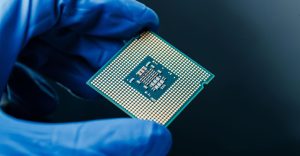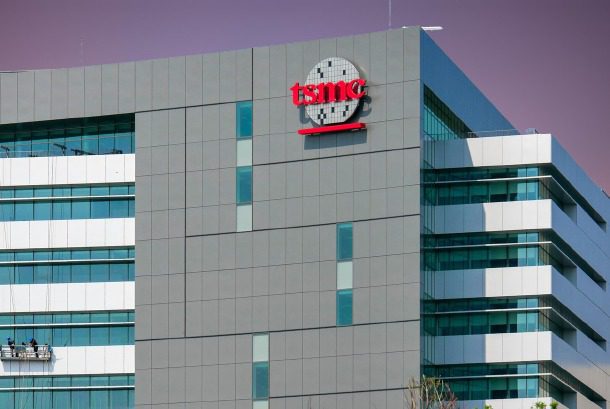TSMC the largest contract chipmaker: Faces a major challenge in starting production at its first Arizona plant. After TSMC announced a 10% sales drop for 2023, the company’s shares fell over 3% on Friday. A global semiconductor shortage has been wreaking havoc on various industries, from automotive to consumer electronics.
TSMC’s second-quarter net profit fell 23%, its first year-over-year drop since 2019. The industry is struggling with the economic downturn and chip demand slowdown. TSMC, a key semiconductor player, has faced these challenges.
Counterpoint Research Associate Director Brady Wang stated, “While the company’s declining revenue and profit were disappointing, its long-term growth prospects remain encouraging.” 5G and high-performance computing are driving TSMC’s growth, Wang said.
The company plans to open a manufacturing plant in Arizona, USA, next year as part of its ambitious expansion. TSMC delayed Arizona facility production until 2025 due to a skilled worker shortage.
“We are actively working to address the situation, including sending experienced technicians from Taiwan to train local skilled workers for a short period of time,” said TSMC Chairman Mark Liu. The skilled worker gap is unavoidable, delaying N4 process technology production.
TSMC invested $40 billion in its US project. The company’s role in meeting Artificial intelligence demand as the largest chip maker is well known. As the global economy recovers slower than expected, AI’s rising popularity cannot fully offset market weaknesses.
Liu warned against extrapolating the short-term frenzy over AI demand. TSMC’s future outlook is clouded by AI chip demand’s unpredictability.


Also Read: China digital payment leadership: Visa and Mastercard Now Accepted
Despite these challenges, TSMC’s second-quarter earnings were 181.8 billion Taiwan dollars ($5.85 billion), exceeding market expectations. Thus, optimism about the company’s 2024 growth remains. Goldman Sachs supports TSMC, believing investors expected the US expansion delay.
TSMC’s revenue is 6% driven by AI demand. As a leading AI chip manufacturer, Citi Research analysts are optimistic about TSMC’s future beyond 2024.
The skilled worker shortage and production delay highlight the semiconductor industry’s larger issue. The global chip shortage has disrupted supply chains, raised prices, and left manufacturers and consumers uncertain.
Despite current challenges, TSMC’s expansion efforts show its commitment to semiconductor market leadership. It opened a US production facility to meet local demand and expand globally.
Since semiconductor chips are essential to modern technology, companies like TSMC must meet rising demand. Global supply chain and geopolitical issues complicate the semiconductor ecosystem for manufacturers.
In conclusion, TSMC’s Arizona chip production is delayed until 2025 due to a labor shortage. TSMC’s AI chip manufacturing leadership and global expansion make it a semiconductor industry powerhouse despite the challenges. TSMC will shape technology and innovation during the semiconductor shortage.
Our Reader’s Queries
Who is the world’s largest contract chip manufacturer?
Morris Chang established Taiwan Semiconductor Manufacturing Company Limited, recognized as the “world’s largest semiconductor company,” specializing in top-notch foundry services for the global logic IC industry.
Is TSMC the largest semiconductor manufacturer in the world?
Dr. Morris Chang founded TSMC in 1987, making it the largest manufacturer of semiconductor chips. TSMC is known for pioneering the pure-play foundry business model, and has maintained its position as the world’s top dedicated semiconductor foundry since its inception.
What percentage of chips does TSMC make?
TSMC manufactures about 90% of the world’s cutting-edge chips, used in iPhones, AI, electric vehicles, and fighter jets, making it a crucial part of Taiwan’s economy.
Why is Taiwan biggest chip manufacturer?
Taiwan’s expertise in OEM wafer manufacturing and comprehensive industry supply chain has propelled it to the forefront of microchip production, allowing the country to assert its dominance in the global market.

